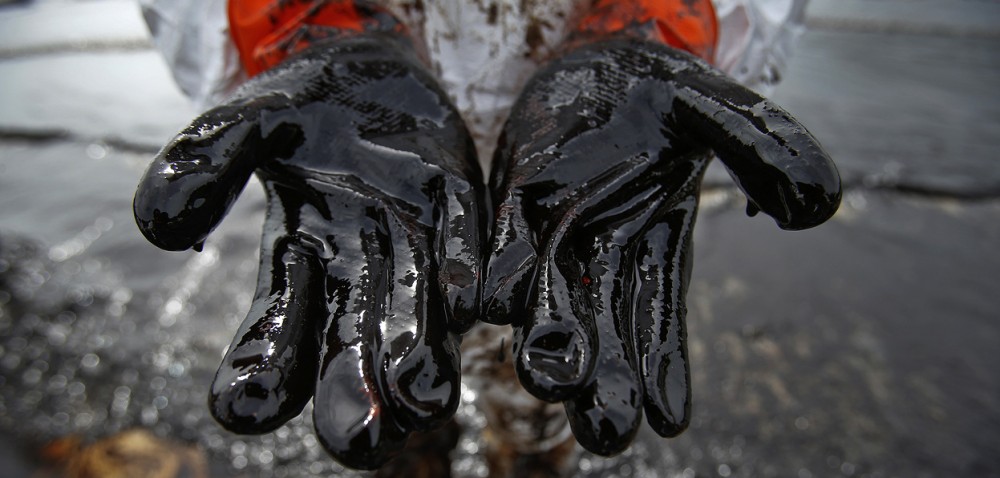
Russia, one of the world’s major energy powers, revealed that its oil output in 2013 reached its highest level since the collapse of the Soviet Union in 1990. However, the natural gas production of its oil and gas giant, Gazprom, slipped for the second successive year.
Russia had established its previous post-Soviet high in 2012 when output stood at 10.40 million barrels per day. Its post-Soviet low came in 1994 when daily output only reached 6.0 million barrels – remarkably, less than half of the 12.4 million barrels Russia and 14 other republics produced as part of the Soviet Union in 1988.

The current output rate outpaces that of Saudi Arabia, which means Russia is the world’s biggest oil producer. However, significantly, Russia lacks the quick ability of Saudi Arabia to boost output in case of a global economic rebound or more serious turmoil in the Middle East. The superpower also appears to be unable to break through any further into large foreign markets to which it has no direct pipeline and who are starting to depend on US shale oil. This week’s figures showed exports outside the former Soviet nations declining by 2.2 percent.
Russia’s overall natural gas production rose last year amid more competition for state-owned Gazpom from privately-owned firms such as Novatek and Lukoil. Gazprom’s production was reported at 476.1 billion cubic metres – down from its 2012 figure of 478.8 billion cubic metres and well off its 2011 output of 513.1 billion cubic metres. The drop highlights the problem that almost all of Gazprom’s foreign sales are focused on European and post-Soviet countries which are now experiencing some of the slowest growth rates in the world. Gazprom has also been slow to shift its focus to liquefied natural gas (LNG) production that could help it reach the growing markets of Asia and Latin America.

Analysts have noted that the mixed figures, highlighted by yet another dip in oil exports outside ex-Soviet territories, point to lingering problems in a sector that accounts for about half of Russia’s budget revenues.
Worryingly for Russia’s political class, the sector remains instrumental to President Putin, who promised to extend social spending when he was re-elected to a third term in 2012. Coupled with a rapid economic slowdown, Putin may not be able to deliver his promises if the Russian oil sector doesn’t start improving soon.
Read the original, courtesy of the Bangkok Post: http://www.bangkokpost.com/news/world/387632/russia-2013-oil-output-hits-post-soviet-high
Related articles
- Russia’s 2013 oil output highest in post-Soviet era (rawstory.com)
- Russia expects post-Soviet record for oil production (peakoil.com)
- Russia ready to launch new post-Soviet union in 2015 (thenewstribe.com)
